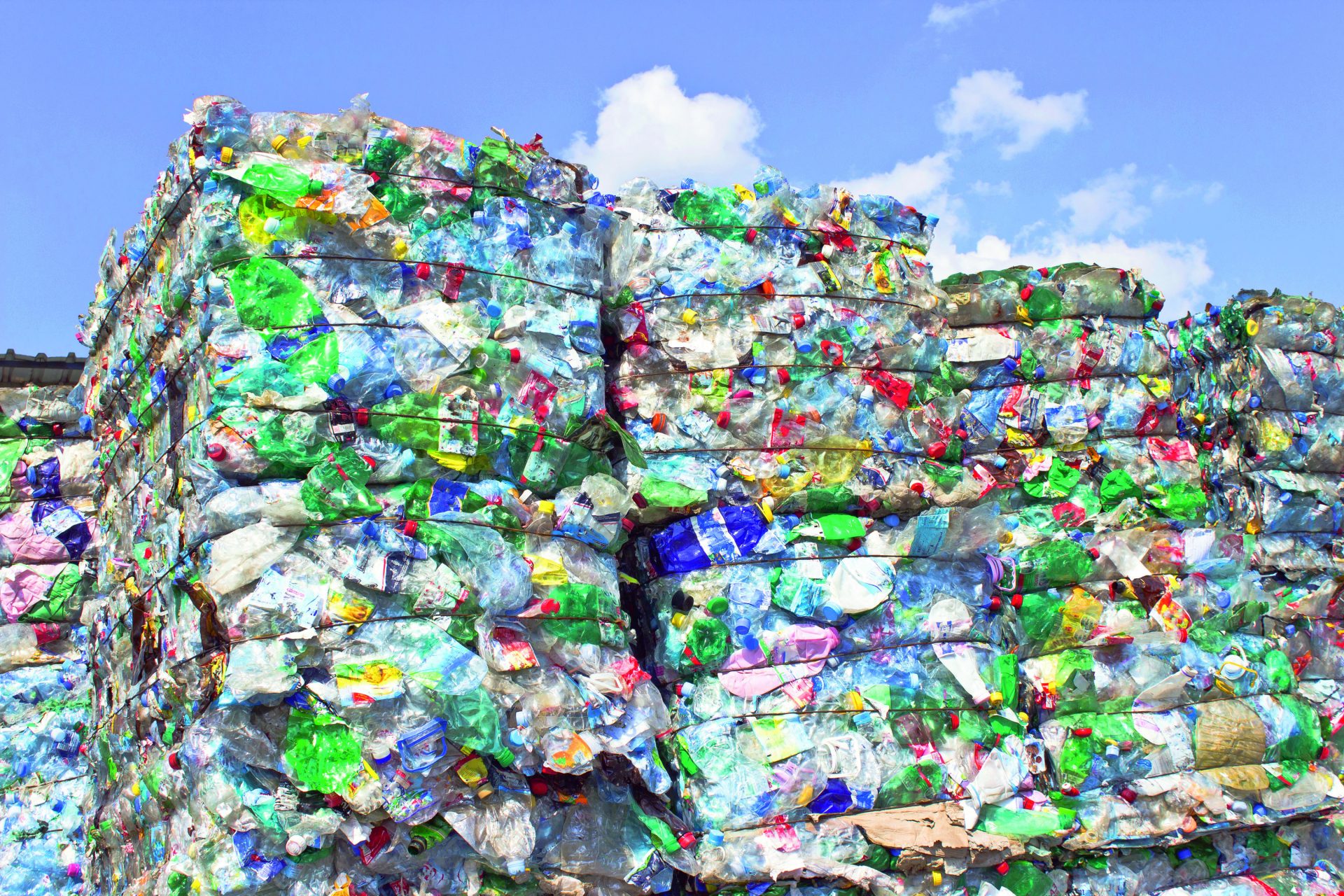Waste legislation: What opportunities exist for circular waste management?

Many SMEs feel that local waste legislations are a barrier on the road to a more circular way of dealing with their waste. However, this isn’t necessarily the case: waste legislations offer many opportunities to improve on resource efficiency. Collaborating with upcyclers and licensing authorities at an early stage of the transition towards more circular waste management creates possibilities for high-quality reuse and thereby decreased use of raw materials.
Our research shows that most entrepreneurs starting their process towards circularity have a strong intrinsic motivation to reduce their environmental impact. Sadly starting this process is hindered by lack of time, lack of knowledge about circularity and lack of knowledge on where to find support to break through any barriers found on the way to circularity. Taking a better look at waste legislation and waste contracts can assist in this process as well, by giving great financial benefit. The cost differences between waste contracts can amount to more than 300 euros per tonne waste, which can then be used to improve the circular process. Taking other steps, like more waste separation and better waste separation can save money and resources, which is very welcome in present times.
These interesting findings are part of the results of our research into waste legislation applicable for SMEs and the attitude of entrepreneurs towards circular economy and efficient use of resources. For more in depth information you can read the entire report, within the Dutch context, here.
In The Hague several entrepreneurs have made the transition towards circular waste management. Often in cooperative partnerships with other entrepreneurs: upcyclers. For example, Huykman and Duyvestein started collaborating with Reakt. They are a shoe company making custom shoes. In this process shoe molds are made from paraffin. After using them, these paraffin molds are sent to Reakt. Here the paraffin is used to make new plaques for Huykman and Duyvestein to work with, or it’s used as a resource to create candles. In this case both parties work together to keep as much paraffin from being thrown out as waste. Another example from The Hague is Copiatek. This company picks up used technology, such as laptops, computers, and mobile phones. If the electronics are no longer useable Copiatek recycles them, otherwise they clean and repair the electronics. These electronics can then be used by other organizations. This way Copiatek prevents a lot of e-waste of relatively new electronical products.
Processing waste in these circular manners allows companies to profile themselves as sustainable and thus attract new customers, while simultaneously saving on waste costs and generating ultimate revenue. After all, waste is “just” a secondary raw material.
Do you want to know your opportunities and how Upcycle Your Waste can assist you, contact us via upcycleyourwaste@denhaag.nl

